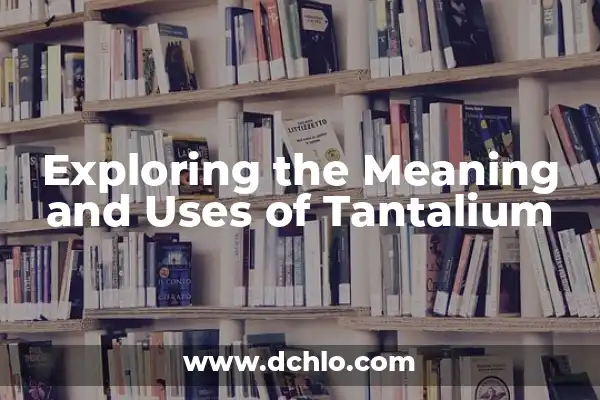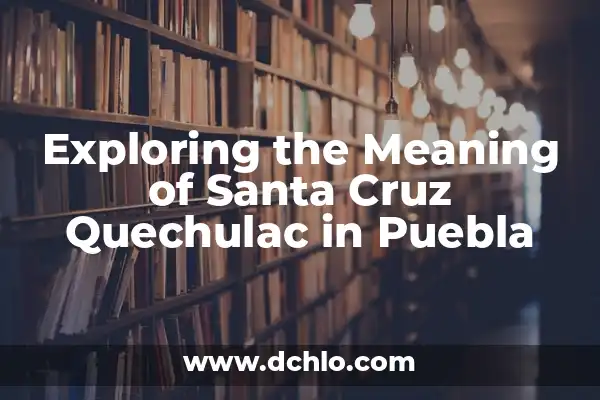Yacon, a perennial plant native to the Andes, is celebrated for its sweet tubers. In poetry, it transcends its botanical identity, becoming a rich symbol of cultural heritage and natural beauty. This article delves into the significance of yacon in poetry, exploring its role as a metaphor and its cultural implications.
¿What is the meaning of yacon in poetry?
In poetry, yacon often symbolizes the connection to the earth and the simplicity of rural life. It represents the cycles of nature and the passage of time, evoking a sense of nostalgia and tradition. Yacon’s sweetness can also metaphorically signify joy, abundance, and the beauty of the natural world.
Historically, yacon has been a staple in Andean cuisine for centuries, revered for its nutritional value and cultural significance. Its appearance in poetry reflects a deeper appreciation for indigenous traditions and the environment.
The Use of Natural Elements in Poetry
Natural elements in poetry often serve as powerful symbols, connecting human experiences with the environment. Yacon, as a symbol, embodies the richness of Andean heritage, highlighting themes of resilience and the harmony between nature and humanity.
También te puede interesar

Exploring the Mysteries of the Sacred: Meaning and Origin of Sacré
The term sacré evokes a sense of the sacred, a concept deeply rooted in human culture and belief systems. This article delves into the meaning and origin of sacré, exploring its significance across various contexts.

The Biblical Meaning of the Christmas Tree: A Symbol of Faith and Tradition
The Christmas tree, a beloved symbol of the holiday season, holds profound biblical significance. Its evergreen branches and vibrant lights symbolize eternal life and divine light, reflecting themes central to Christian faith. This article explores the biblical meaning of the...

Exploring Mournful Reflections in Poetry
In the realm of poetry, there exists a form that captures the essence of loss and mourning with profound depth. This poetic expression, often overlooked, holds a significant place in literary history. It is through this lens that we delve...

Exploring the Enigma of Jazareth: Meaning and Origin
In the realm of intriguing terms, Jazareth emerges as a fascinating subject, prompting curiosity about its meaning and origin. This article delves into the mysteries surrounding this enigmatic word, offering insights into its significance and historical background.

Exploring the Meaning and Uses of Tantalium
Tantalium, a rare and versatile metal, holds significant importance in various industries. Understanding its meaning and applications can shed light on its crucial role in modern technology.

Exploring the Meaning of Santa Cruz Quechulac in Puebla
Santa Cruz Quechulac, located in the state of Puebla, Mexico, is a place steeped in rich cultural heritage. The name combines the Spanish Santa Cruz (Holy Cross) with the indigenous term Quechulac, reflecting a blend of colonial and pre-Hispanic influences....
Examples of Yacon in Poetry
Several poets have utilized yacon to explore cultural identity. For instance, in Oda al Yacón, a Peruvian poet weaves tales of ancestral traditions around yacon cultivation, illustrating its significance beyond mere sustenance. Another example is found in Roots of Memory, where yacon symbolizes the enduring connection to one’s roots.
Yacon: A Sweet Metaphor in Contemporary Poetry
Contemporary poets often employ yacon as a metaphor for life’s transient beauty. Its sweetness contrasts with the fleeting nature of pleasure, inviting reflection on life’s simple joys and deeper meanings.
Various Meanings and References of Yacon in Poetry
Yacon’s meanings in poetry are diverse:
[relevanssi_related_posts]– Nature’s Bounty: Representing the earth’s generosity.
– Cultural Identity: Symbolizing Andean heritage.
– Spirituality: Connecting with indigenous rituals and beliefs.
The Symbolism of Andean Roots in Literature
Andean roots, like yacon, are often metaphors for cultural resilience. They symbolize the enduring spirit of indigenous communities and their deep connection to the land.
¿Para qué sirve el yacon en la poesía?
Yacon serves to connect themes of nature, tradition, and spirituality, offering a lens through which poets explore identity and the human condition. It enriches poetry with cultural depth and emotional resonance.
Yacon’s Sweetness in Poetic Imagery
Yacon’s sweetness creates vivid imagery, from the golden tubers to the landscapes they nourish, painting a picture of abundance and natural harmony in poetic verse.
Natural Elements as Symbols in Poetry
Natural elements like yacon are used to convey profound emotions and ideas, bridging the gap between the physical and metaphysical worlds, and offering insights into the human experience.
The Meaning of Yacon
Yacon, literally, refers to a plant, but in poetry, it signifies cultural heritage, simplicity, and the beauty of nature. It embodies the essence of Andean traditions and the environment.
¿Cuál es el origen del yacon en la poesía?
The term yacon originates from the Quechua language, reflecting its Andean roots. Its poetic use emerged from indigenous oral traditions, where it was celebrated in rituals and storytelling.
The Poetic Journey of Yacon: From Andean Fields to Literary Pages
Yacon’s journey from Andean fields to poetry highlights the fusion of cultural heritage and artistic expression, illustrating how natural elements inspire literary creativity.
¿Cómo influye el yacon en los temas y estilos poéticos?
Yacon influences poetic themes by focusing on nature, tradition, and identity. Its presence enriches poetry with cultural depth, making it a unique and meaningful symbol.
How to Use Yacon in Poetry with Examples
Using yacon in poetry involves tapping into its cultural and natural symbolism. For example, a poem might describe yacon’s sweetness as a metaphor for fleeting joy or its roots as a symbol of resilience.
INDICE

